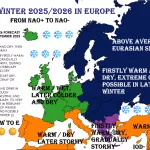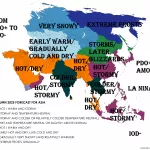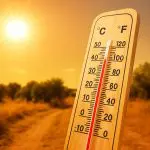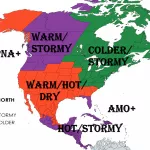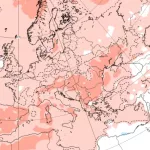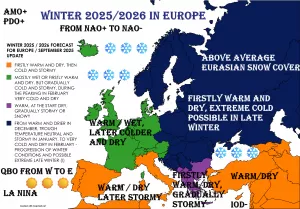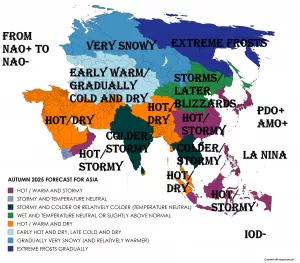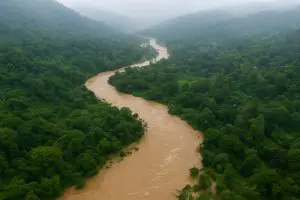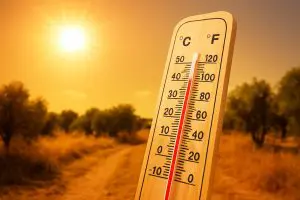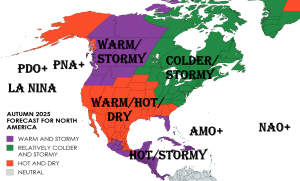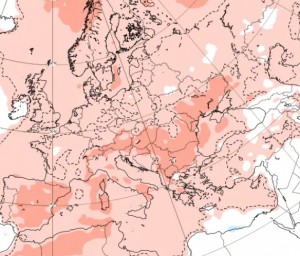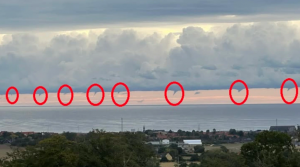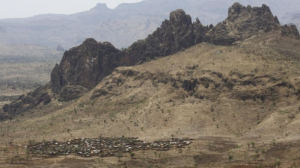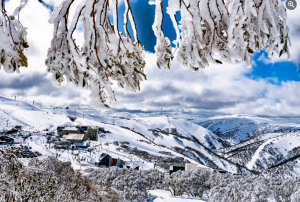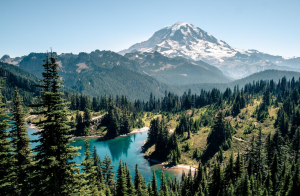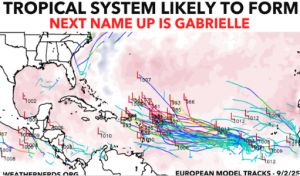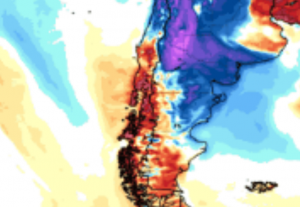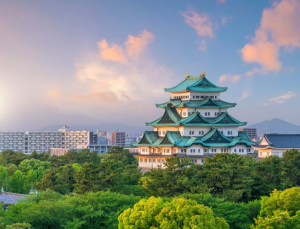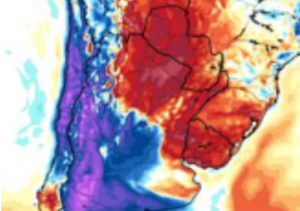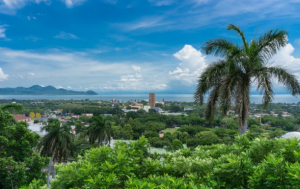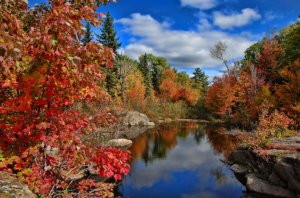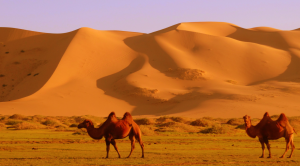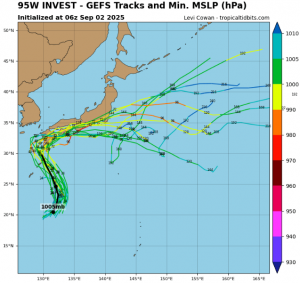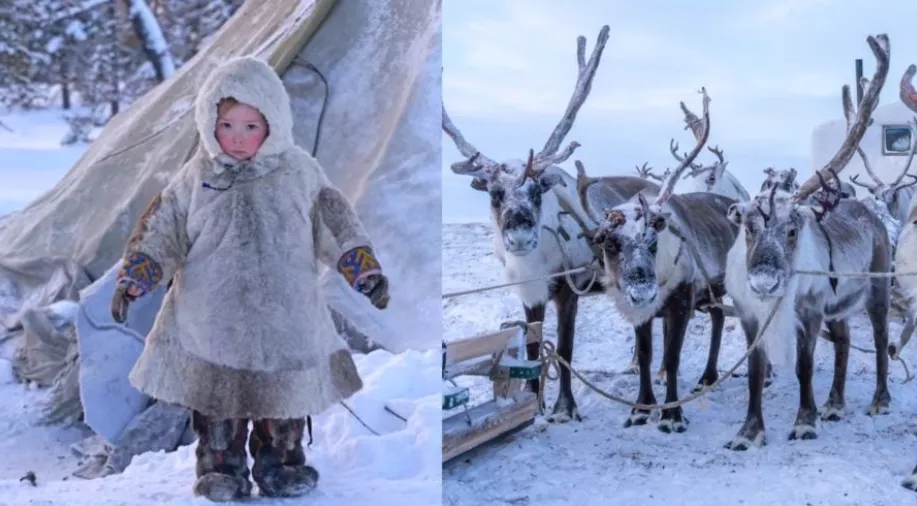
In July 2025, Izhma, located in the Ural Region of Russia, recorded an extraordinary low temperature of -3.0°C, potentially marking the coldest peak of summer ever in this area. Such freezing conditions during the height of summer are exceptionally rare for Izhma, a region that typically experiences cool but above-freezing temperatures in July.
This unprecedented chill is likely the result of a strong influx of cold Arctic air combined with local atmospheric conditions that suppressed daytime warming. The event represents a significant cold anomaly in the Ural region’s summer climate, highlighting the complexity and variability of weather patterns even during warm seasons.
Freezing temperatures at the summer peak can have profound impacts on the local environment, agriculture, and ecosystems. Vegetation growth may be severely stunted, and early frost damage can threaten crops and natural flora. Such an event also poses challenges for communities relying on predictable summer warmth for livelihoods and infrastructure stability.
Izhma’s record-low July temperature stands as a stark reminder that despite broader trends of global warming, extreme cold spells remain possible in certain regions, especially in areas influenced by Arctic air masses. These anomalies underscore the need for continued vigilance and detailed climate monitoring to better understand the full spectrum of climate variability.

Illustration picture. Source: https://www.startitup.sk/na-sibiri-spi-prastara-hrozba-ak-sa-ludstvo-nespamata-prebudi-ju-varuju-vedci/

